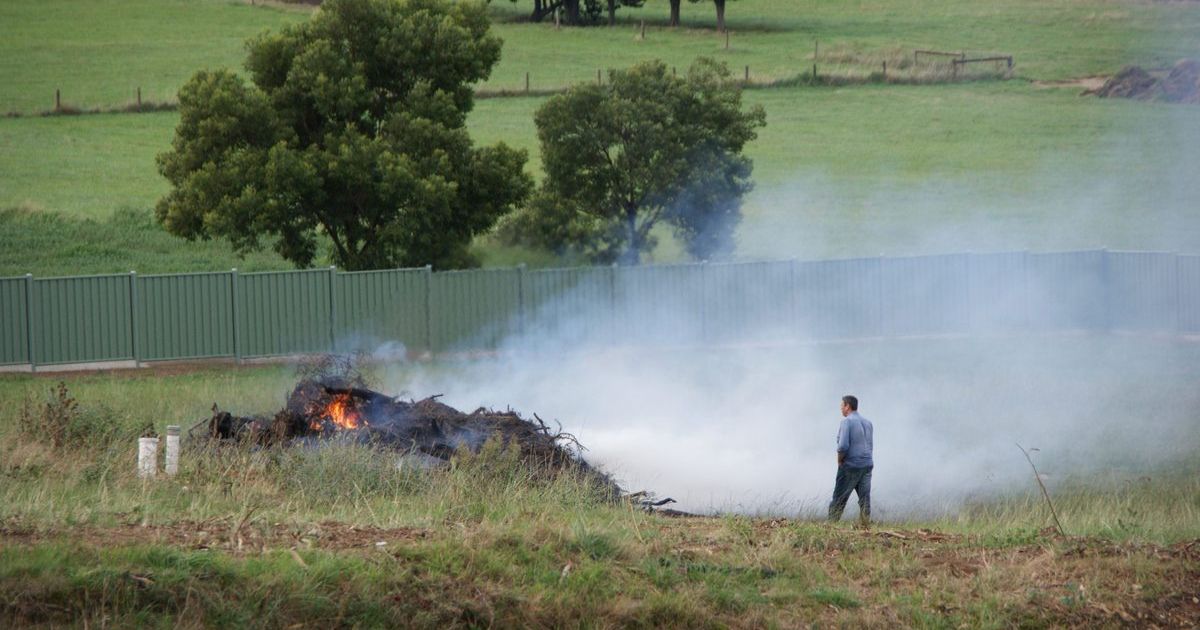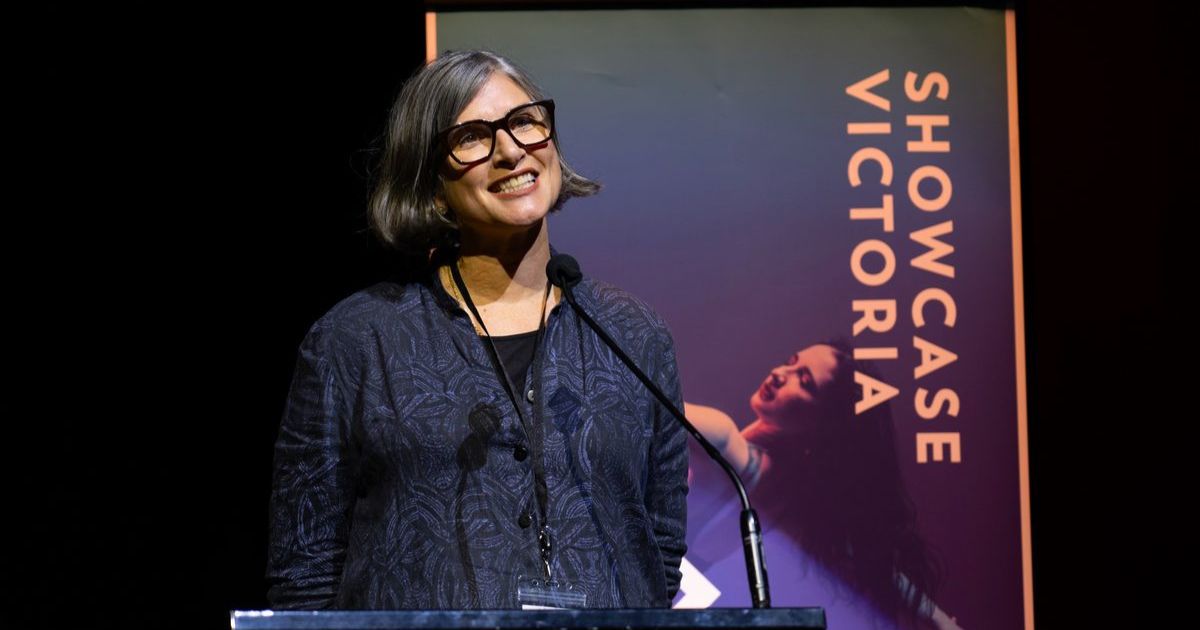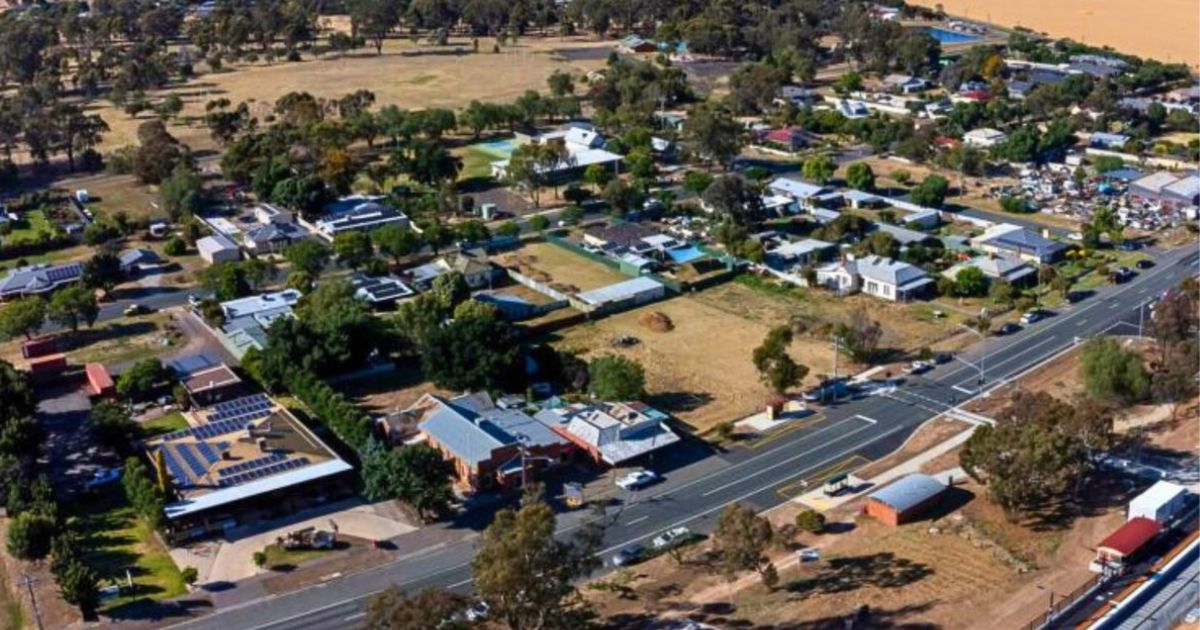In Luhrmann’s Elvis biopic, a star is born

All shook up: Austin Butler plays Elvis in a new biopic about the King of Rock’s life. Photos: DARREN ENGLAND/ AAP IMAGE
OUTSIDE the five-star Gold Coast hotel room where Tom Hanks and Austin Butler are talking up their latest film, a grown woman is all shook up.
“He just… looked at me, my God!” she squeals softly.
Austin Butler, as the world is about to discover, tends to have that effect on people.
His career-defining performance is the best thing about Baz Luhrmann’s biopic, which traces Elvis’ musical beginnings in Mississippi gospel tents, to becoming the best-selling solo artist in history and his drug-fuelled decline.
In one standout scene, Butler’s lithe young Elvis, onstage in a lace shirt and pink suit, awakens the desires of a generation of screaming girls.
With the film’s release, Butler himself looks to be approaching that kind of star power too.
The 30-year-old from Anaheim, California, immersed himself in the role for two years, and has even held on to a touch of Elvis’ southern drawl.
“There’s little things that always stay with you, and he’s such an infectious person, it’s hard for it to not kind of live in you,” he said.
While the Presley family were not involved in the production, Lisa Marie Presley has endorsed Butler’s performance, saying he embodied her father’s heart and soul.
“If he doesn’t get an Oscar for this, I will eat my own foot,” she posted.
At an epic run time of two and a half hours, whether the film is a success is probably a question of whether Luhrmann’s extravagant styling, glitzy effects and frenetic editing tend to overwhelm the story.
Luhrmann, Australia’s most commercially successful film director, is holding court in a luxury hotel room down the corridor from his two biggest stars, hours before the Gold Coast red carpet premiere.
For him, the film isn’t actually about Elvis, so much as the story of America in the 50s, 60s and 70s, when America invented what he calls the “big sell”.
“Elvis for the good the bad, and the ugly is at the crossroads of popular culture in those periods,” he said.

Despite mixed reviews from critics, he believes a 12-minute standing ovation at the film’s Cannes premiere is a prelude to box-office success.
Luhrmann clearly worn out by his own big sell, and acknowledges his trademark style may not be for everyone.
“If you’re trying to watch it in a disconnected way, a political way, you’re probably not going to have much truck with it, but it’s designed to go to the mind through the heart, not the other way around,” he said.
It’s an open question whether his decision to tell Elvis’ story through the lens of his exploitative manager Colonel Tom Parker – Tom Hanks – gets that job done.
Parker bled Elvis for every cent he could to feed a gambling addiction, and while the Presleys were fond of him, according to Hanks, Parker is ultimately a villain.
“What he was not was a true manager. He was a promoter. He saw Elvis as being a way to bottle lightning and make a ton of money if they did it right,” Hanks said.
Elvis began filming on the Gold Coast in January 2020, but was shut down after six weeks when Hanks and his wife Rita Wilson contracted COVID-19.
Front page news at the time, it marked the moment Australians realised the virus was coming, because if the world’s cinematic everyman could catch it, no-one was safe.
“You’re welcome, by the way.” Hanks laughs now. “Happy to do that for you.”
It was six months before shooting resumed, and by that time much of the US cast had been replaced by Australians, creating about 1000 jobs at a time when local performing arts had shut up shop.
Returning to the Gold Coast for the red carpet premiere has been especially strange for Butler, who now has the spotlight firmly on him.
“I just saw the beach that I used to walk up and down listening to Elvis interviews for hours; it’s surreal being back,” he said.
He is looking to the likes of Leonardo DiCaprio and Brad Pitt to figure out how to keep working amid the kind of fame that undid Elvis himself.
Of course, Tom Hanks has some thoughts too.
“The streets are littered with an awful lot of people that ran into this thing called celebrity… a white hot attention spotlight is an artificial place to live,” Hanks said.
“As long as you know it’s an odd place to live… it just goes along with the territory. I think it’ll be okay.”
– BY LIZ HOBDAY/ AAP


















